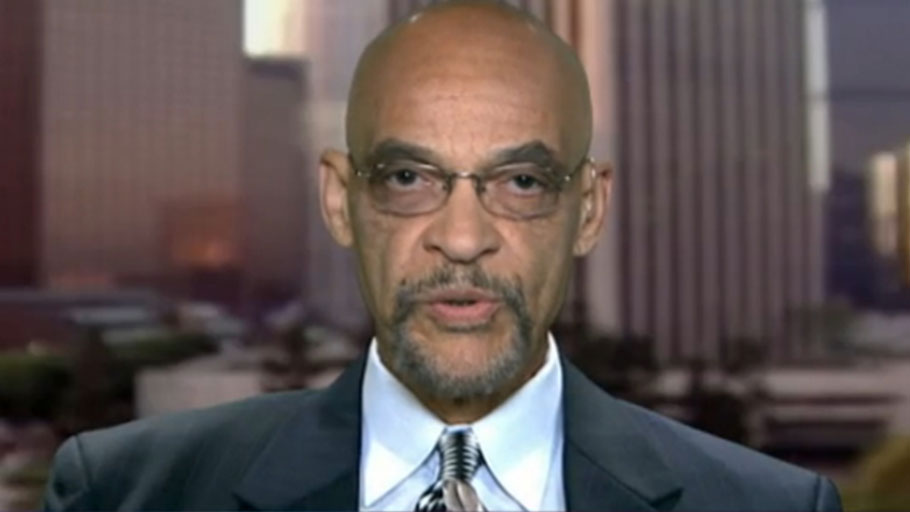Presumptive Democratic presidential nominee Joe Bidden made it perfectly clear more than once that he will pick a woman as his VP running mate. Then it got interesting. Now the demand was not just pick a woman VP, but a Black woman as VP. A short list of names is bandied about, former Georgia house representative Stacey Abrams and California Senator Kamala Harris top the list.
The gender and race mandate for Joe’s VP is rife with symbolism, importance, and peril. Biden does not need a woman on the ticket to get most Democratic women to vote for him. He does not need a Black woman on the ticket to get most Blacks to vote for him. Conversely, Trump with his train station load of gender baggage, and a male Mike Pence as his VP pick, still managed to get a significant number of women to back him. Gender and feminism didn’t mean a hoot to them.
Biden tacked on to his VP requirement two other requirements. One, that his VP pick be able to hit the ground running if he is incapacitated or unable to perform his duties because of circumstances. The unstated meaning of that is old age or infirmity. The other is that she has the requisite administrative and political experience and savvy to do the job.
I’ll add one more. That is that Biden’s VP help him win the Oval Office in a tough, no holds barred contest with a guy and a party that will pull out all stops to make sure he doesn’t.
This tosses a hard glare on whether VPs really do count for much in the larger political equation. Yes and no. No in the sense that voters don’t vote for VPs they vote for presidents first and foremost. Most know that a VP does not make policy, if lucky maybe consulted on a policy question, and certainly does almost nothing to implement it. It’s not exactly a ceremonial position but other than stepping in in the event of a catastrophic illness or death of a president, it’s not far from that.
However, the vice presidency does have a lot of value in other places going back to the 1960 election. That year John F. Kennedy picked Lyndon Johnson in 1960 as his running mate. Kennedy was a moderate, wealthy, erudite, Massachusetts senator who needed the southerner Johnson to assure the popular and electoral votes of the South. Since then presidential candidates have picked carefully their running mates for balance on gender, region, and age, and in the case of Pence, temperament value in wild contrast to the off the rail, shoot from the lip, Trump.
In 2016, Trump and Hillary Clinton had to have VPs that had few negatives, solid party insider status and ties, were fairly young, and as an added boost seen as good governors and good administrators. The youth and good administrative skills factors couldn’t be minimized since Clinton and Trump were at or near age 70 and would be nearing 80 if they got two terms in the Oval Office. If there was a health challenge to either one in office, voters would want assurance that a vice president would be able to hit the ground running at the top if that happened.
Trump and Clinton’s VPs did little to rally and mobilize the GOP and the Democrat’s core base in the lock down GOP and Democratic vote states. But there’s the independents. They now make up more than forty percent of the general electorate. This is a historic high. Trump and Biden engender towering doubt and skepticism among a big swatch of them. They could be the X factor in a close vote in the half dozen must win swing states that will decide the election.
Here’s where the right VP can help, sans their negatives, and possessing sound administrative skills, are undoubtedly major selling points with many independents. Pence and Biden’s VP will spend a lot, if not most, of their days on the campaign trail in those swing states wooing, courting, and talking rationally about the tax, trade, and job creation policies that Trump and Biden are pitching to the independents and waverers. The idea is to show that they will bring the required straight forward, steady hand to the administration team in the White House.
The single biggest asset, though, that a VP pick brings to any presidential table is that he or she can turn on more voters than their potential boss can or has turned off no matter what part of the country they hail from, their gender, or their rank in the party. Pence was tapped precisely because he was viewed as being able to accomplish that tricky feat.
This election go-round that’s more important than ever since the VP must be more than someone who won’t harm the ticket but someone who will help the Democratic ticket win. The only way that can be done is for a VP to be a showpiece for the qualities that many voters think Biden lacks. This has absolutely nothing to do with race and everything to do with winning.
This article was originally published by The Hutchinson Report.















